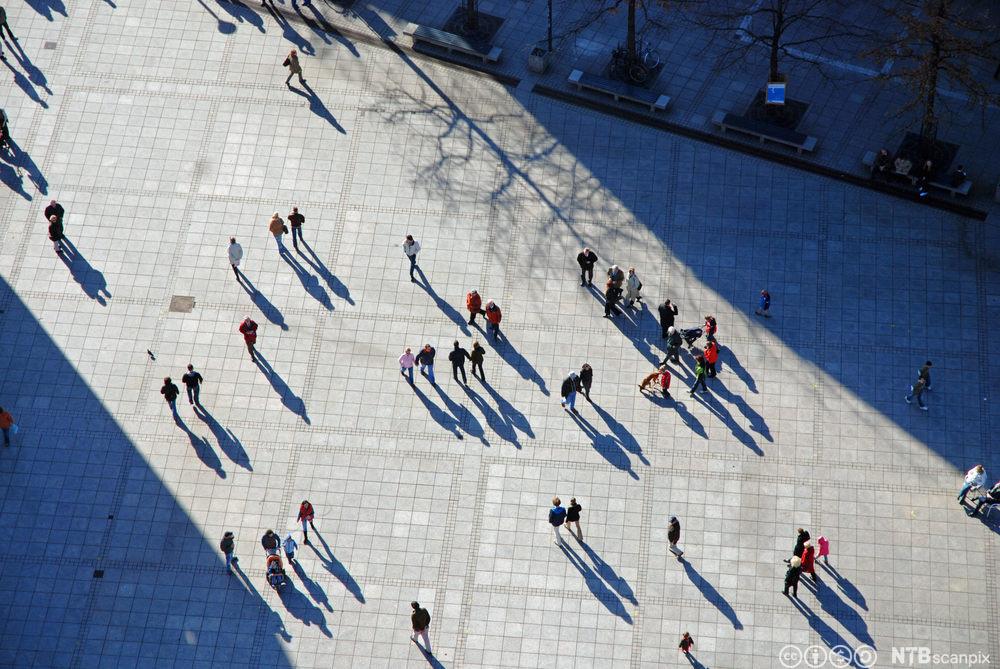African Americans Today

In a 2008 study of Black America, 24% of the African Americans interviewed said they had been personally discriminated against in the preceding three months. 82% felt that it was “important for parents to prepare their children for prejudice.” The poverty rate for African Americans was still 24.5% in 2007. Many live in large cities like Los Angeles, Chicago, Philadelphia, Atlanta and Washington D.C, where there are high rates of social problems such as unemployment, drug addiction, crime and violence.
Still, the situation has changed. Almost half of all black wage earners now belong to the middle class. 82% of blacks over the age of 25 have at least a high school education, and 19% have at least a bachelor’s degree. 27% of blacks 16 years and older work in management, professional and related occupations. 60% of Black Americans say that “Things are getting better for me,” and 54% are optimistic about the future of blacks. More people felt that things had gotten better since the Civil Rights struggle of the 1960s than those who thought that there had not been any change for the better.
African American optimism has increased since 2008. Although blacks have suffered the most from the financial crisis in the past year, a poll released in February 2009 reveals that as many as 58% of the African American population believe that their household financial situation will improve in the next year. Taking into consideration that they are experiencing increasing unemployment and massive home foreclosures, this optimism is difficult to understand. Some believe that President Barack Obama, the nation’s first African American president, is the core of the optimism. The fact that a Black American is the most powerful man in the United States seems to fill the country’s minority groups with a sense of hope unprecedented in American history.